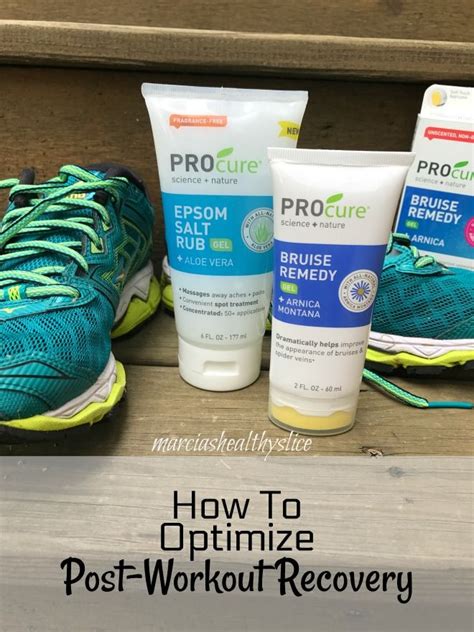Optimize post-workout recovery for peak daily performance?

The Critical Link Between Recovery and Daily Productivity
In the relentless pursuit of fitness goals, many individuals focus intensely on the workout itself, often overlooking a crucial component that dictates their overall success and daily well-being: post-workout recovery. Recovery isn’t just about resting; it’s an active process of repairing muscles, replenishing energy stores, and reducing inflammation to prepare the body for the next challenge. Neglecting proper recovery can lead to plateaus, increased risk of injury, chronic fatigue, and a noticeable dip in daily cognitive and physical performance. Optimizing this phase is paramount for anyone aiming to not just bounce back, but to thrive and perform at their best consistently.
Fueling Your Recovery: Nutrition is Key
What you consume immediately after and in the hours following your workout significantly impacts muscle repair and energy replenishment. The ‘anabolic window’ emphasizes the importance of consuming specific macronutrients shortly after exercise. Protein is vital for muscle protein synthesis, repairing the microscopic tears that occur during intense training. Aim for 20-40 grams of high-quality protein.
Equally important are carbohydrates, which replenish glycogen stores depleted during your workout. Without adequate carbs, your body may catabolize muscle tissue for energy. A combination of fast-acting carbs post-workout, followed by complex carbohydrates throughout the day, will ensure sustained energy. Don’t forget healthy fats, which support hormone production and reduce inflammation.

Hydration: The Often Overlooked Factor
During exercise, you lose fluids and electrolytes through sweat, which can lead to dehydration and impair recovery. Even mild dehydration can decrease performance, hinder nutrient transport, and slow down metabolic processes essential for repair. It’s crucial to rehydrate consistently throughout the day, not just immediately post-workout. Water is fundamental, but for longer or more intense sessions, consider electrolyte-rich beverages to restore minerals like sodium, potassium, and magnesium.

The Power of Sleep: Your Body’s Ultimate Repair Shop
Perhaps the most potent recovery tool is quality sleep. While you sleep, your body releases growth hormone, essential for muscle repair and growth. It’s also when your central nervous system recovers, which is vital for maintaining energy levels, focus, and coordination during waking hours. Aim for 7-9 hours of uninterrupted sleep per night. Establish a consistent sleep schedule, create a cool, dark, and quiet sleep environment, and avoid screens before bed to optimize your sleep quality.

Beyond Rest: Active Recovery and Mobility
While rest is important, complete inactivity can sometimes prolong soreness. Active recovery, such as light cardio (walking, cycling), swimming, or yoga, can help increase blood flow, remove metabolic waste products, and reduce muscle stiffness without adding undue stress. Mobility work, including stretching, foam rolling, and dynamic movements, can improve range of motion, prevent adhesions, and further aid in muscle recovery.

Implementing a Personalized Recovery Plan
There’s no one-size-fits-all recovery plan. Listen to your body, track your progress, and adjust your strategies based on how you feel and the intensity of your workouts. Consistency is key; integrating these recovery practices into your daily routine will yield the best long-term results. By prioritizing comprehensive recovery, you not only enhance your physical capabilities but also support mental clarity, sustained energy, and overall well-being, paving the way for peak daily performance in all aspects of life.










